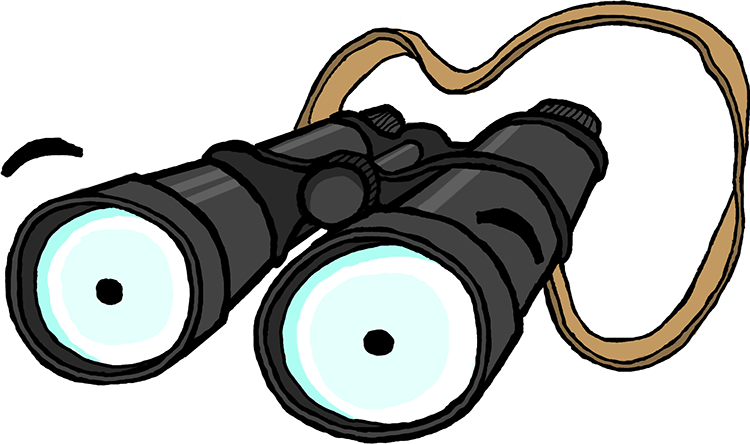Colonisation
Dating back 700 years, the Norman invasion of Ireland marked the beginning of a shared history between the neighbouring islands of Ireland and England defined by war, violence, and strained diplomacy.
DID YOU KNOW...?
The Normans are Vikings that settled in Northern France. Their name came from Nortmanni, meaning Northmen.
In 1541, the Irish Parliament granted the title ‘King of Ireland’ upon King Henry VIII following an uprising that threatened royal dominance. This act meant that the English Crown had control over Ireland.
In 1603, King James VI of Scotland also became King of James I of England. This unified the two nations who had been at war with each other for centuries.
Known as the ‘Ulster Plantation’, from 1609 King James encouraged people from Scotland and England to migrate to the north of Ireland. Land in Counties Donegal, Armagh, Cavan, Fermanagh, Londonderry and Tyrone were divided into several sized plots and given to the settlers.
DID YOU KNOW...?
The arrival of English and Scottish Protestants led to the introduction of new surnames into Ireland such as Hamilton, Stewart and Forsythe.
The arrival of English and Scottish Protestant incomers from across the Irish Sea displaced many Irish landowners, removed parts of Irish culture, and created a platform for years of religious, ideological, and military conflict.
As industry and manufacturing slowly grew in the north, the unequal distribution of land and resources in the south by Anglican Protestants led to a decline in the standard of living for the large Catholic population. Wars in the middle and end of the 17th century led to further confescations of land and strengthened Protestant control in Ireland.
Following an Irish rebellion in 1798, the Irish question was brought to the attention of the British Cabinet. This led to British Prime Minister William Pitt the Younger deciding that a union was the best solution. The Act of Union came into effect on 1st January 1801. The union led to the abolishment of the Irish Parliament, and to Ireland becoming a part of the new United Kingdom of Great Britain and Ireland.




